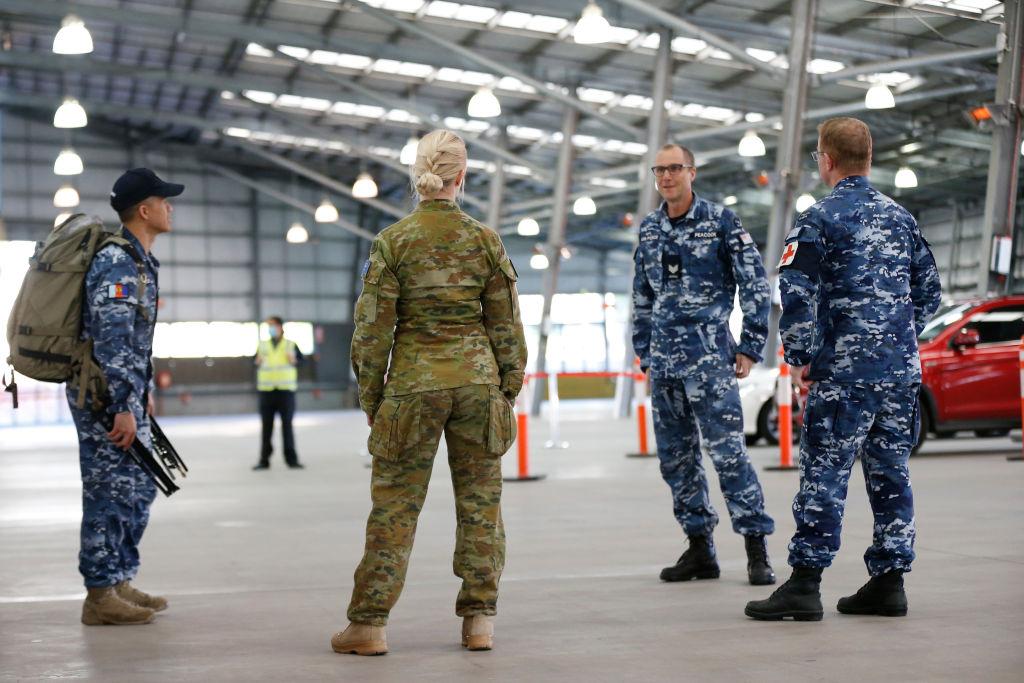Tasmanian Senator Jacquie Lambi has called for Australian Defence Force (ADF) personnel to plug staff shortages in the country’s health workforce caused by surging COVID-19 cases, increased hospitalisations, and vaccine mandates.
“Whether it is in a war—conventional or against Omicron or anything else—I don’t understand why you have a defence force sitting there while you aren’t doing what you need to do, and get them on the ground right now,” she told Nine’s Today program.





